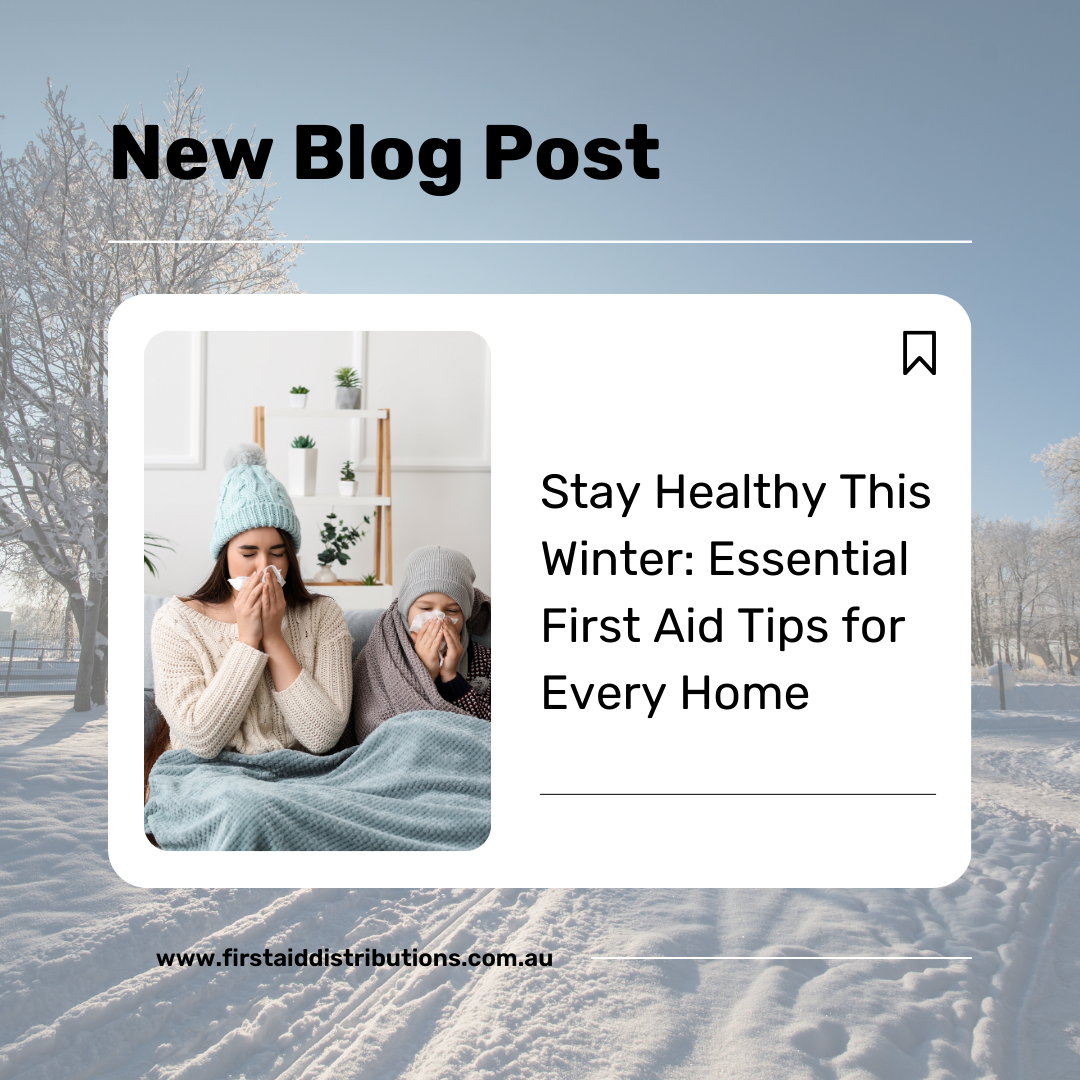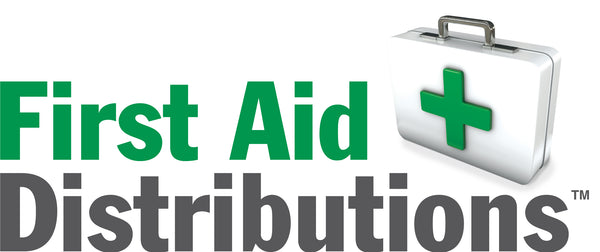FREE FREIGHT AUSTRALIA WIDE FOR ORDERS OVER $200

Stay Healthy This Winter: Essential First Aid Tips for Every Home
As the winter season approaches, keeping your home prepared for common ailments like the cold and flu becomes crucial. Not only is it important to manage these conditions once they strike, but preventing their spread within your household is key to maintaining health throughout the colder months. In this blog, we'll explore some practical first aid tips and hygiene practices to help you and your family stay healthy this winter.
Understanding the Risk
During winter, the combination of colder temperatures and increased indoor activities can significantly increase the spread of germs. Respiratory illnesses such as the common cold and influenza are highly contagious and can spread quickly from person to person through the air and on surfaces. Knowing how to limit this spread and being prepared to manage symptoms is essential.

Hygiene Practices to Limit Germ Spread
-
Wash Hands Regularly: One of the simplest yet most effective ways to prevent the spread of germs is by washing your hands frequently with soap and warm water for at least 20 seconds. Ensure all family members do the same, especially before eating, after using the restroom, and when returning home from outside.
-
Keep Surfaces Clean: Regularly disinfect commonly touched surfaces like doorknobs, light switches, and remote controls. Use an EPA-approved disinfectant for best results against viruses.
-
Practice Respiratory Etiquette: Teach all family members to cough or sneeze into a tissue or their elbow. This practice helps prevent the spread of germs to others and onto surfaces.
-
Maintain Healthy Indoor Air Quality: Consider using a humidifier to maintain adequate humidity levels indoors. Dry air can exacerbate respiratory problems and aid in the transmission of viruses.

Building an Effective Home First Aid Kit
A well-stocked first aid kit is your first line of defence when dealing with winter ailments. Here’s what your kit should include to be effective during winter:
-
Thermometer: A digital thermometer to accurately check for fever, a common symptom of flu and other winter illnesses.
-
Pain Relievers: Include pain and fever reducers such as ibuprofen to help manage symptoms.
-
Decongestants and Cough Remedies: Over-the-counter decongestants can help relieve nasal congestion, while cough syrups can help ease a cough.
-
First Aid Supplies: Bandages, antiseptic wipes, and antibiotic ointment can handle minor injuries like cuts or scrapes which can also happen more frequently in winter due to icy conditions.
-
Antihistamines: For those prone to allergies, having antihistamines can be crucial, especially when indoor allergens become more problematic.
-
Rehydration Salts: These can be useful to maintain hydration in case of a fever or if a stomach bug strikes.
Preparing your home with the right tools and knowledge is key to safely navigating the winter season. By implementing stringent hygiene practices and maintaining a well-stocked first aid kit, you can reduce the impact of winter illnesses and ensure that your family stays healthy and happy during the colder months.
